“What are your 3 strengths and 3 weaknesses?” Have you ever heard/asked this question during a job interview? What is it for? Why are we often asked it? To get to know you better or just to change the mood of the interview?
Quite often people answer: "I am rigorous, organized, perfectionist." or something similar. We answer anything hoping to make a good impression. As if there were only 5 or 6 qualities that existed and of course we never expose our real weak points. In the end, this question, so important for hiring and daily work, becomes a banality that we no longer pay attention to. We make bad choices, put people in positions that do not suit them. Due to lack of time and follow-up, we validate the trial period and then sometimes pay the consequences.
But did you know that a person who uses their strengths daily is 6 times more likely to be engaged and fulfilled in their work? Teams that focus on their strengths are 12.5% more productive (Gallup Strengths Center).
A meta-analysis of over 300,000 employees in 51 companies showed that employees who used their core strengths daily performed 38% better, while those who focused on their weaknesses lost 27% of performance (Corporate Leadership Council, 2011). Furthermore, 44% of people who can use their strengths every day are more loyal to companies (lower turnover) (Harter et al., 2002).
My close friend, a brilliant software engineer, passionate about his job, always in a good mood and fulfilled in his life and work, received an offer a few months ago to create and lead a start-up with a turnkey concept without any risk. An offer that could not be refused. He hesitated for a long time because he was not sure if it would please him, but finally he accepted the proposal. Two months later I no longer recognized him. In front of me was a deeply unhappy person, depressed and filled with doubts. Not because business was going badly, but because every day he did things that were not his strong points. He saw clients, did marketing and communication. He wasn't doing too badly, but it was exhausting him and what's more, he was no longer doing what he was very good at and what made him happy – coding! That was the casting error! He wasn't thinking about his strengths to make the right choice. Since he was already good at what he did, the person who made him this offer was sure that he would do well in startup management.
This story ended very quickly, my friend decided to leave the startup to do the things he really loves and focus on those strengths. But often we don't really have that choice, or the consequences are too great and we've already invested a lot of time, money, and health.
So how can we avoid this type of situation? Quite simply, by choosing people based on their strengths, not just their skills and/or past experience.
Our strengths are the abilities that allow us to do our best work and that cause us to lose energy or satisfaction when we cannot use them. Their opposites would be the flaws, or weaknesses that can create problems and must be taken into account so as not to hinder our success in life.
And if it's so easy, why don't we just do it?
- Generally speaking, people don't really know these forces and don't know how to use them effectively because they've never really thought about it.
- We are very focused on what is wrong and we try at all costs to improve our weaknesses. By exhausting ourselves, we manage to do things well, but it makes us unhappy.
Within positive psychology, strengths-based work has always played a central role. It helps address all the factors that support performance (engagement enabled by the interdependence between well-being, individual and collective factors). In business, Ilona Boniwell recommends five actions to follow to build strengths-based organizations: focus on strengths instead of trying to improve weaknesses, associate a work task with the appropriate strengths to make people engaged, select and recruit new talent based on strengths, "hammer" strengths to motivate behavior change, and develop a shared language around strengths to improve teamwork (Happiness and Performance at Work, forthcoming).
If you want to know more about strengths, you can read: Let's not confuse strengths and skills
Register for our training course: Strength Practitioner
Offer a workshop in your company: Confidence at work: recognizing and activating your strengths within yourself
Propose a conference: Personal strengths and employee commitment
By Aleksandra Lacroix & Justine Chabanne, Positran
To go further:
Connelly,J. (2002). All together now. Gallup Management Journal, 2(1), 13–18. https://www.gallupstrengthscenter.com
Corporate Leadership Council (2002). Building the High Performance Workforce. Washington DC: Corporate Executive Board.
Harter, JK, Schmidt, FL, Asplund, JW, Killham, EA, & Agrawal, S. (2010). Causal impact of employee work perceptions on the bottom line of organizations. Perspectives on Psychological Science, 5(4), 378-389.




Leave a comment
All comments are moderated before being published.
This site is protected by hCaptcha and the hCaptcha Privacy Policy and Terms of Service apply.